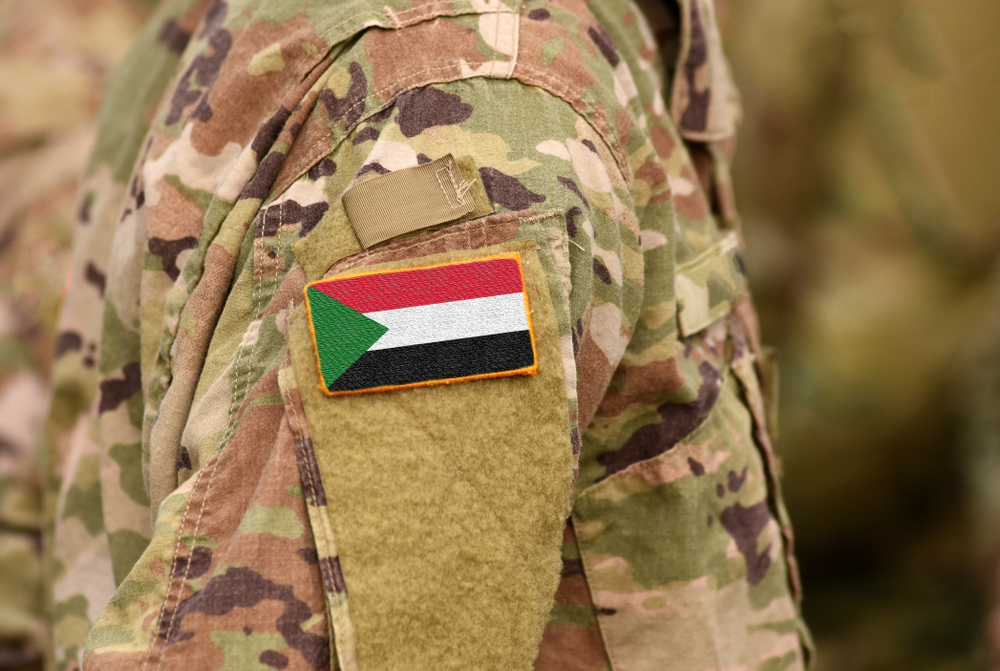News
Thousands protest in Sudan, call to disband ex-ruling party

The protests in Khartoum and other parts of the country coincided with the anniversary of an uprising in 1964. That push ended six years of military rule in Sudan following a wave of riots and strikes. (Shutterstock photo)
CAIRO — Thousands of demonstrators took to the streets across Sudan on Monday to call for disbanding former President Omar al-Bashir’s party, the political organ he used to control the country during his 30 years of autocratic rule before being ousted in April.
Separately, Sudan’s transitional government and a main rebel faction signed a political declaration amid peace negotiations that began last week, taking a new step toward ending the country’s yearslong civil wars. The two sides also renewed a nationwide cease-fire for three months.
The protests in Khartoum and other parts of the country coincided with the anniversary of an uprising in 1964. That push ended six years of military rule in Sudan following a wave of riots and strikes.
Sudan’s current transitional government came to power after a similar campaign of mass unrest, which eventually led the military to overthrow al-Bashir. The country is now ruled by a joint military-civilian administration, which must navigate a delicate path toward eventual democratic elections in just over three years.
There were no reports of any clashes with police or casualties during Monday’s protests. The marches renewed demands for independent investigation into the deadly break-up of a protest camp by security forces in June.
Police blocked off main streets Monday leading to the presidential palace and the military’s headquarters in Khartoum — the site of June’s deadly dispersal — said Asil Abdu, an activist.
A statement by the police warned against “creating a state of chaos,” which it said could lead to “unfavourable consequences.”
Videos circulated online showed protesters marching in the capital and other cities such as Atbara, a northern transport hub where the uprising began in December.
Prime Minister Abdalla Hamdok gave a televised speech marking the 1964 uprising, saying: “The revolution needs greater efforts to be completed and achieve its goals.” The appointment of Hamdok, a respected economist, as Sudan’s top civilian leader in August helped lessen fears the military would attempt to cling to power. Last week, he sacked several top bureaucrats, which pleased protest leaders who want the remnants of al-Bashir’s regime purged from all state institutions.
The Sudanese Professionals’ Association, which spearheaded the recent uprising, has called for the appointment of regional governors and the formation of a legislative body. Creating an interim parliament was part of a power-sharing agreement signed in August between pro-democracy protesters and the country’s powerful military.
The transitional government previously said it won’t appoint governors or the legislative body until it makes peace with the country’s rebel groups. That would be a crucial step, since the transitional government is looking to slash military spending in order to revive the battered economy. The uprising against al-Bashir initially began against economic issues, but escalated into calls for his downfall.
Mohammed Hassan al-Taishi, a member of the Sovereign Council and a government negotiator, said Monday that they had agreed on the agenda for the negotiations with the Sudan Revolutionary Front, an alliance of rebel groups from the western Darfur region.
“There is a new political will from all sides … to reach permanent and comprehensive peace,” SRF leader Yasser Arman told The Associated Press by phone.
He said this was the first joint cease-fire agreement in five years. In another first, he said the government agreed to allow humanitarian aid deliveries into conflict-affected areas, both from inside and from outside Sudan.
The talks are taking place in Juba, the capital of South Sudan, which itself gained independence from the north in 2011 after years of fighting.
The transitional authorities have set a six-month deadline for making peace with the rebel groups.
A report Monday by the International Crisis Group, a Brussels-based think-tank , said achieving peace requires “careful consideration of the accommodations that the rebels are seeking.” The rebels have for years complained of neglect by the central government in Khartoum.
The report identified important steps the government should take, including “reverse the imposition of Islamic law on religious minorities, separate religion and state, and provide for a fairer distribution of power and resources to areas in the periphery.”





















